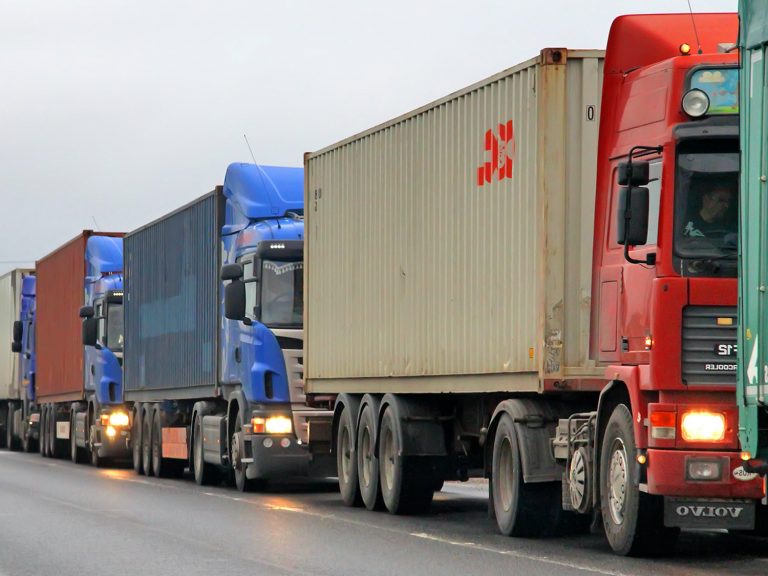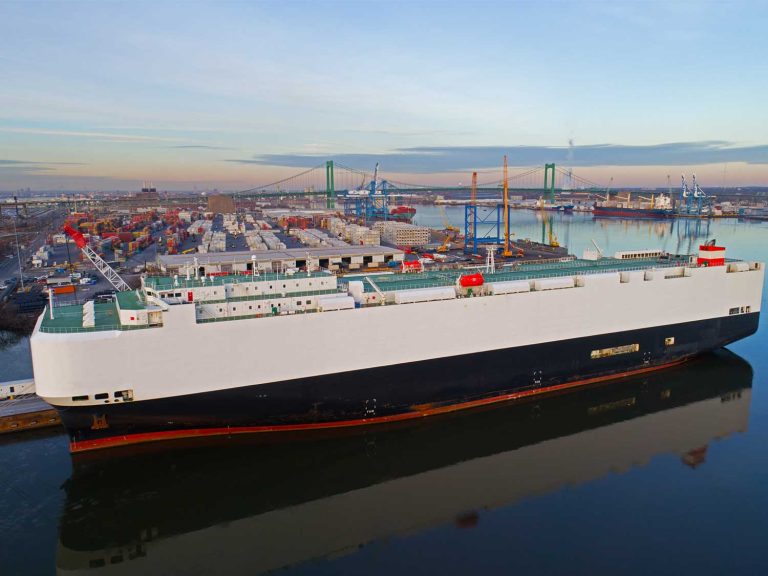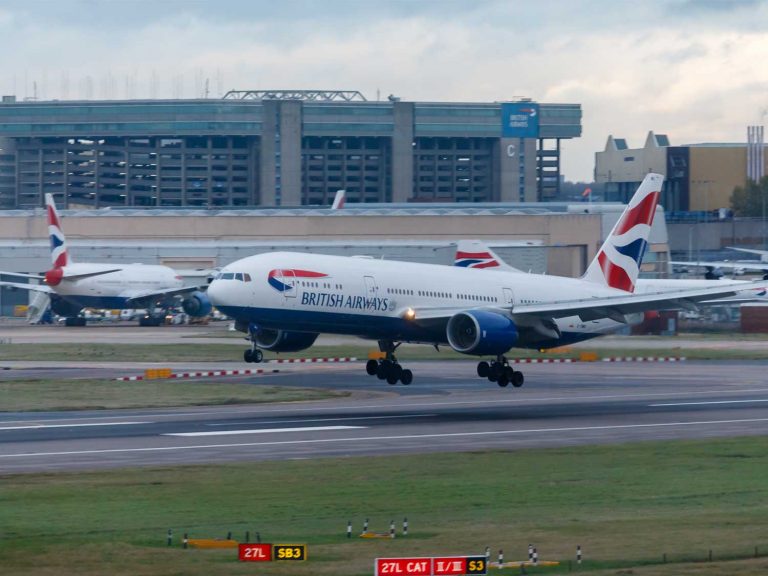Carriers Reroute as European Ports Buckle Under Congestion
European container terminals continue to face mounting congestion, triggering service reshuffles, extended inland delays, and spiking freight rates. At several key hubs, container yard density surpassed 80%, pushing carriers to adjust port calls and rethink network strategies in the heart of the ...
Read more Red Sea Return Scuttled by Houthi Vessel Sinking
The deadly July 7 attack on the Eternity C cargo vessel by Yemen’s Houthi rebels marks one of the most severe escalations yet in the Red Sea shipping crisis, reinforcing the view that this vital trade artery will remain off-limits for carriers through 2025.
The Red Sea, via the Suez Canal,...
Read more UK Bid to Join Pan-Europe Trade Area Blocked
The UK government’s attempt to join the Pan-Euro-Mediterranean (PEM) Convention, a framework that simplifies supply chains and reduces tariffs across Europe, North Africa, and parts of the Middle East has been blocked by the EU.
Established in 2012 and modernised in 2025, the PEM Convention ...
Read more U.S. RoRo Port Fees Set to Disrupt Automotive Logistics
The U.S. Trade Representative (USTR) has confirmed it will introduce new fees on foreign-built roll-on/roll-off (RoRo) car carriers calling at U.S. ports from October 14, 2025, as part of a broader push to counter China’s maritime influence.
The initial fee of $150 per Car Equivalent Unit (C...
Read more Preparing for Air Cargo Peak Season Amid Tariff Uncertainty
Air freight markets are entering the second half of 2025 in a state of volatility, as early signs of peak season demand clash with consumer caution and a shifting tariff landscape.
Despite President Trump suggesting that the next round of US tariffs may not take effect until August, the legal ...
Read more Budget Pressures Raise Questions for Business
Chancellor Rachel Reeves has triggered fresh uncertainty after cancelling a planned welfare reform expected to save £5.5 billion, leaving a significant hole in the Treasury’s accounts and raising the prospect of tax increases later this year.
Markets reacted swiftly: sterling dipped and gov...
Read more The EU’s Digital Product Passport
The European Union is introducing a new product reporting regime that will reshape how goods are traded across the region. The Digital Product Passport (DPP) will become mandatory for a growing list of product categories, starting from 2026, and will require detailed, standardised information to ...
Read more Tariff Pause Triggers Surge in Ocean Freight Rates – But Legal Roadblocks Lie Ahead
Container shipping lines are driving spot rates sharply higher, with the 2025 transpacific peak season likely to begin earlier than usual, fuelled by a surge in US imports from Asia.
Spot rates on key routes are rising faster than during the pandemic-era boom. Carriers implemented general rate...
Read more Near-Shoring Gains Momentum Across EMEA
Faced with rising tariffs, geopolitical risk, and ongoing disruption to global transport networks, a growing number of businesses are turning to near-shoring as a strategic way to strengthen supply chains.
Near-shoring, the relocation of manufacturing or sourcing to nearby countries, gained at...
Read more Court Ruling Challenges Trump’s Trade Strategy Amid Global Uncertainty
A U.S. federal court has ruled that President Donald Trump's sweeping "Liberation Day" tariffs are illegal — delivering what may prove to be a major blow to his trade policy agenda, or simply a temporary setback.
On May 28, 2025, the United States Court of International Trade determined that...
Read more UK Strikes Trio of Trade Deals in May
The UK government has made major strides in strengthening its international trade relationships this May, concluding three key agreements with India (6 May), the United States (8 May), and the European Union (19 May).
These agreements could reshape trade routes and sourcing decisions, reduce c...
Read more Tariffs, Complexity and Opportunity
As the United States recalibrates its tariff landscape, importers (and DDP exporters) are navigating a rapidly shifting environment. With Section 301 tariffs on Chinese goods still firmly in place, it has never been more critical to understand which tariffs apply and how to calculate them.
In ...
Read more 











